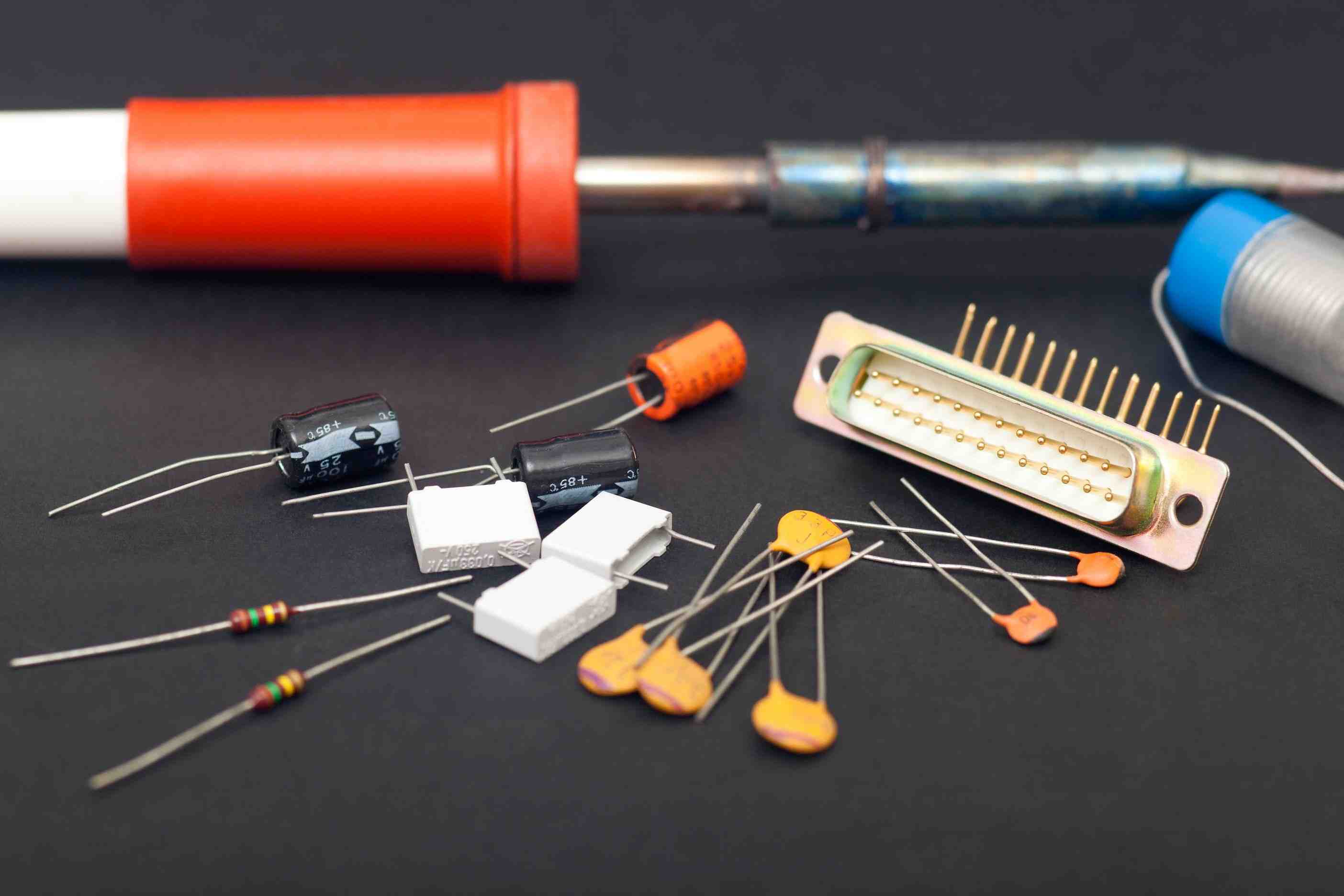




























PCBA (Printed Circuit Board Assembly) solder joint quality assessment is a core aspect in the field of electronic manufacturing.

| Project Background
PCBA (Printed Circuit Board Assembly) solder joint quality assessment is a core aspect in the field of electronic manufacturing. Its background stems from the demand for the development of electronic products towards high density, multi-functionality, and high reliability. With the popularization of hidden solder joints in some packaged components, traditional visual inspection can no longer meet the quality requirements. Means such as X-rays are needed for inspection, and key indicators such as solder joint porosity, wettability, and shear strength need to be comprehensively evaluated. Meanwhile, the strict standards for product reliability in industries such as automotive electronics, aerospace, and medical equipment have further promoted the standardization and refinement of the solder joint quality assessment system.
| Project Overview
Quality evaluation of solder joints under different soldering process conditions and quality evaluation of solder joints after reliability aging tests.
| Test Objective
The core purpose of the PCBA solder joint quality assessment test is to comprehensively verify the reliability of solder joints, ensuring the stable performance and qualified lifespan of electronic products.
Through appearance inspection, X-ray fluoroscopy, soldering strength test and reliability verification, defects such as solder joint cracks and false soldering are checked to avoid the risk of short-circuit or open-circuit. At the same time, the test simulates extreme environments such as high temperature and high humidity, vibration and shock to evaluate the durability of solder joints, meeting the strict standards of industries such as automotive electronics (AEC-Q) and aerospace (MIL-STD).
In addition, the test data can optimize the welding process parameters, reduce the rework cost, and provide a basis for the product to pass certifications such as CE and FCC, ultimately ensuring the product quality and market competitiveness.
| Testing Standards
IPC-A-610, IPC-TM-650, IPC-7095, JESD 22A121, JESD201A, IEC 60068-2-82, etc.
| Service Products / Fields
Consumer electronics, automotive electronics, aerospace, etc.
| Test Items
Reliability aging tests (temperature cycling, temperature shock, high-temperature storage, electromigration test, surface insulation resistance, mechanical drop, vibration, etc.)
Non-destructive testing (appearance inspection, X-ray fluoroscopy inspection)
Destructive analysis (cross-section analysis, dyeing test, solder joint strength, morphology observation, elemental analysis, tin whisker observation).
| Project Advantages
1. Visual inspection can accurately determine whether the solder joints meet the requirements of the standard IPC-A-610
2. X-ray fluoroscopy inspection can quantitatively evaluate whether the void ratio of each BGA solder joint meets the requirements of the standard IPC-7095
3. Cross-section analysis can reveal the internal microstructure of solder joints and monitor the growth of the alloy layer.
4. The dyeing test comprehensively evaluates the soldering quality of solder joints.
5. Quantitatively evaluate the strength of solder joints by measuring the push and pull force values of the solder joints.
6. Observe the tin whiskers of the aged solder joints to ensure the long-term stability of the products.